Section 4
The Grant Administration
By Boundless
President Ulysses S. Grant presided over a country that had survived the Civil War, but which was divided over how to deal with the aftermath.
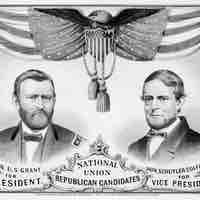
The election of 1868 was the first presidential election to take place after the Civil War, during Reconstruction.

Ulysses S. Grant's administration pursued a series of policies to strengthen public credit, reform the Treasury, and reduce the debt.
Ulysses S. Grant's administration was plagued by a series of scandals, many involving those close to Grant.
"White Terror" refers to white-supremacy groups formed in the South in reaction to recently freed African Americans after the Civil War.
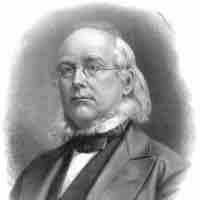
Grant remained popular after his first term and was renominated as the Republican Party's presidential candidate for the 1872 election.
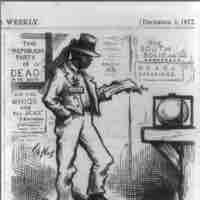
Following the Civil War, political-racial tensions built up in the South, leading to a period of radical military rule.
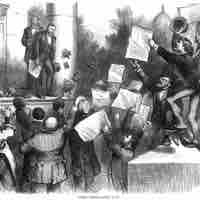
The global Panic of 1873 reached the United States after overspeculation in the railroad industry and other losses weakened the economy.
Many white Southerners were devastated economically, emotionally, and psychologically by the defeat of the Confederacy in 1865.
During Reconstruction, many Southern states passed laws that disenfranchised African Americans.
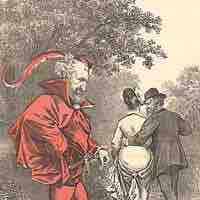
The Compromise of 1877 was a purported bargain in which the White House was awarded to the Republican Party after the election of 1876.